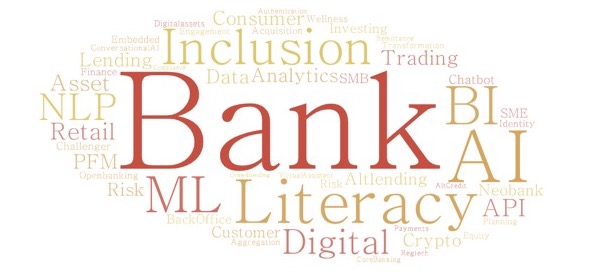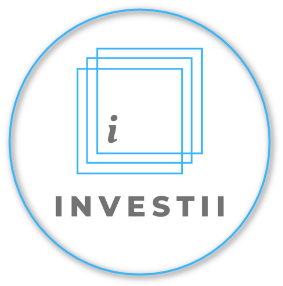
Earlier this year, we unveiled our Sustainability Scholarship Program for demoing companies. Our new initiative supports startups that are embracing environmental sustainability, social equity, and responsible governance (ESG).
With FinovateFall just weeks away, we are excited to share the names of the six demoing companies to win Sustainability Scholarships for our upcoming autumn event, September 12 through 14, in New York.
Remember that early-bird savings for FinovateFall end after September 2nd. Register today and save your seat!
Daizy – Winner of the Sustainability category

Headquartered in the U.K and founded in 2019, Daizy helps users become more conscious investors with an AI that gives them the data-driven stories behind America’s biggest companies.
Deborah Yang is co-founder and CEO. Follow Daizy on Twitter. Connect on LinkedIn.
Debbie – Winner of the Female Founded/Owned category

Based in Miami, Florida and founded in 2021, Debbie is the Noom for debt loss. The company leverages behavioral psychology and rewards to help users pay off 3x more debt and help lenders recession-proof members.
Co-founder Frida Leibowitz is CEO. Follow Debbie on Twitter. Connect on LinkedIn.
Deposits – Winner of the Person of Color Founded/Owned category

Founded in 2019 and headquartered in Dallas, Texas, Deposits is a cloud-based fintech platform that gives banks and brands an easy-to-use turnkey solution to build best-in-class financial experiences from payments to lending.
Joseph Akintolayo is CEO. Follow Deposits on Twitter. Connect on LinkedIn.
Energy Shares – Winner of the Environmental category

Headquartered in Pasadena, California and founded in 2020, Energy Shares is a FINRA registered broker-dealer and equity crowdfunding platform for utility scale renewable energy projects in the U.S.
Follow Energy Shares on Twitter. Connect on LinkedIn.
Investii – Winner of the Social category

Based in Milwaukee, Wisconsin, and founded in 2020, Investii is an actionable, wealth-building app empowering healthy savings habits, financial confidence, and alternative credit data.
Nishant Deshpande is co-founder and CEO. Connect with Investii on LinkedIn.
MinervaAI – Winner of the Governance category

Founded in 2018 and headquartered in Toronto, Canada, MinervaAI is an AI-driven platform that provides simple and effective sanctions, KYC, KYB, IDV, and enhanced due diligence to help businesses grow.
Co-founder Jennifer Arnold is CEO. Follow MinervaAI on Twitter. Connect on LinkedIn











